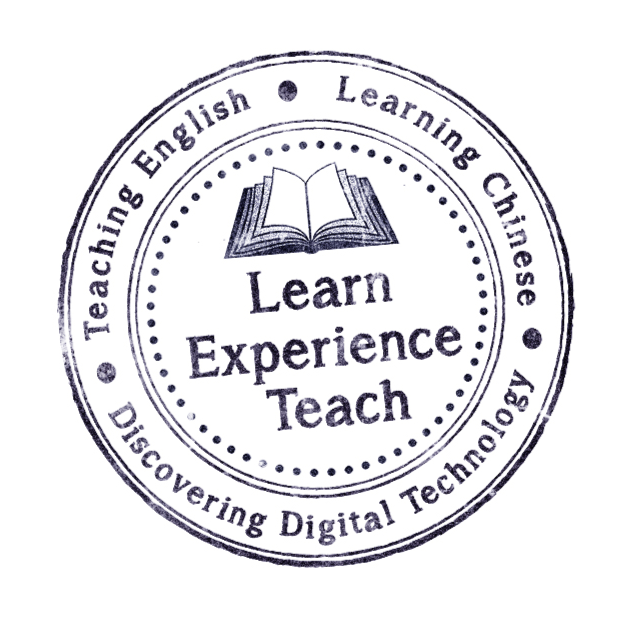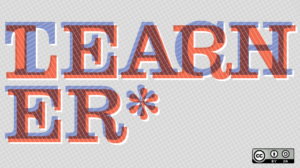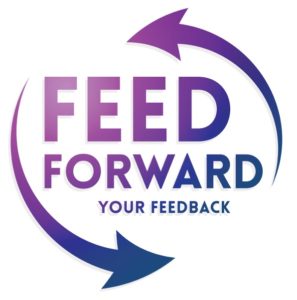Having recently gone through the process myself, of being not only a learner again, but one tasked with learning creative writing skills, I gained a valuable insight into what participating in a CW lesson would be like for my future language learners. Putting myself in the learner’s shoes, experiencing CW from the student perspective, helped confirm the importance of creating and maintaing a safe and positive learning environment. Indeed, creating a friendly atmosphere is conducive to increasing motivation, which in turn spurs learners on to work hard to achieve their personal, linguistic goals (Richards & Bohlke, 2011).
Similarly, I discovered that the relationship between the student and teacher is paramount, as the enthusiasm and passion a teacher has for her subject is likely to be shared by those around her (Dornyei, 2001). This was the case for me with my tutor, Veronica, whose passion for CW is infectious!
One notable positive aspect of my experience as a CW learner was that of the ‘workshop’ concept, a scaffolding approach where my tutor lead the CW analysis at first, and then, with each session slowly relinquished these responsibilities to us, the students, so that eventually, we were leading the workshop. Taking responsibility for our own learning is a key 21st century skill: determining our own interests, and seeking out our own further reading, being self-critical and positively criticising others work are key criterion for autonomous learners.
One other aspect of the course I appreciated and will be taking with me as I design these lesson plans, is that of ‘feedforward‘ – areas to work on and that could be improved in the future. (And not just feedback, which outlines where you are now in relation to current goals.) It is a term I came across for the first time last semester, I love the positive connotation, and cannot wait to use it again!
References


